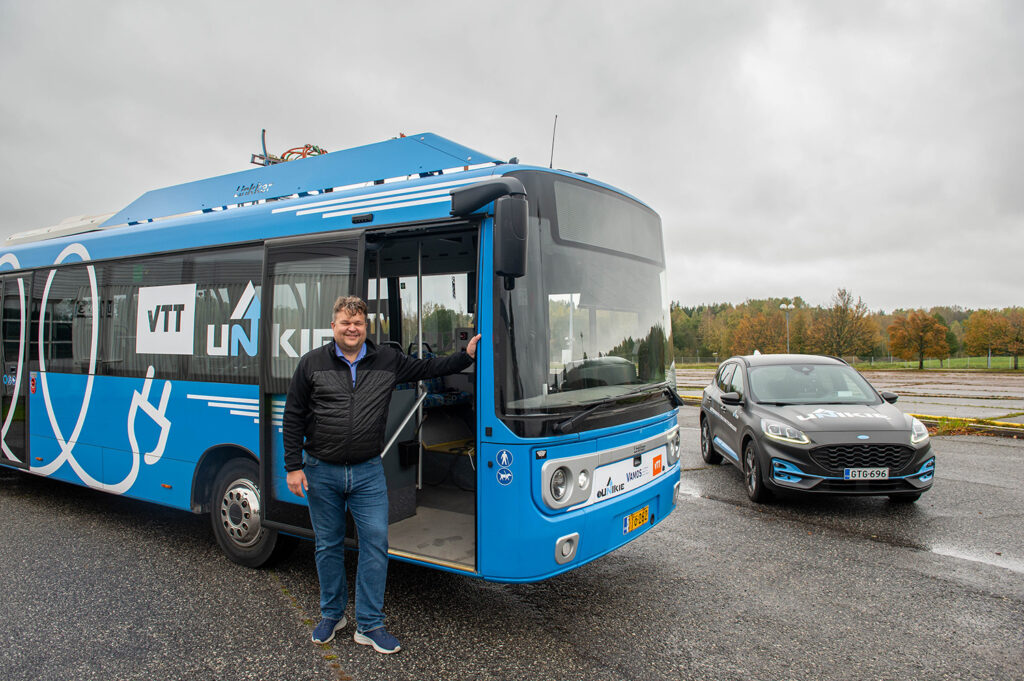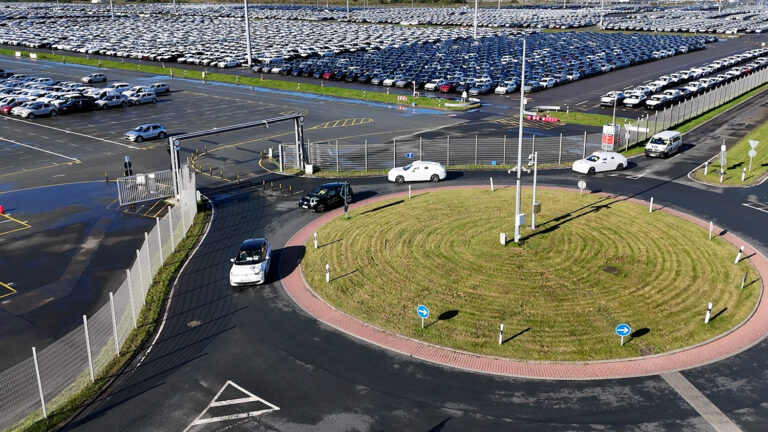Vinnova, Sweden’s Innovation Agency, has published a final report for the Depot for Electrified and Autonomous Buses project. The project is part of the Drive Sweden strategic innovation program that focuses on the challenges associated with the next generation of mobility systems.
The project is a joint effort by the Research Institutes of Sweden (RISE), Nobina, the largest bus transport group in the Nordics and Unikie, a technology company developing automated driving solutions.
While the study touched upon technological solutions, the main focus was the legal and organizational aspects related to running an automated bus depot. The report finds that there are no major blockers to moving forward with implementing automated depots.
“In addition to being a technology provider with our Automated Bus Depot Marshalling solution, Unikie takes an active role in collaborating with bus OEMs and other industry stakeholders. The technology is ready – the next step is to roll out its adoption and the results of this report is an important step toward that goal,” says Vesa Kiviranta, Unikie’s CBO for Automotive & Marshalling Solutions.
During the project, the team made a visit to Unikie’s Marshalling Solutions’ Test Center to see automated vehicles in action.
No Blockers for Making Bus Depots More Efficient
Today, bus depots are being operated by human drivers. A dedicated driver is required to drive the vehicle from one station – such as fueling or charging, cleaning and maintenance – to another. Much of this work is done during the night, which makes finding human personnel both difficult and costly.
In an automated solution, automated vehicles move from station to another without the need for human drivers. The preferred technology for automation is based on sensors in the depot infrastructure itself – the key requirement for buses themselves is having support for electrical control of all driving support functions such as steering, throttle and breaking.
The study identified the practical needs at bus depots from a technical point of view, including safety requirements, access control and supervision, for example.
In addition, the study presents an overview of the legal and organizational aspects of automation, such as adherence to traffic laws and staff training. In short, no major blockers for automation were identified.
“Bus operators’ main business is operating the buses on the public roads. Depot automation is an enabler that helps operators work with more efficiency without compromising safety,” says Niclas Österling, Unikie’s Country Manager for Sweden.
To learn more, visit the DEPAUT project website or download the report.


